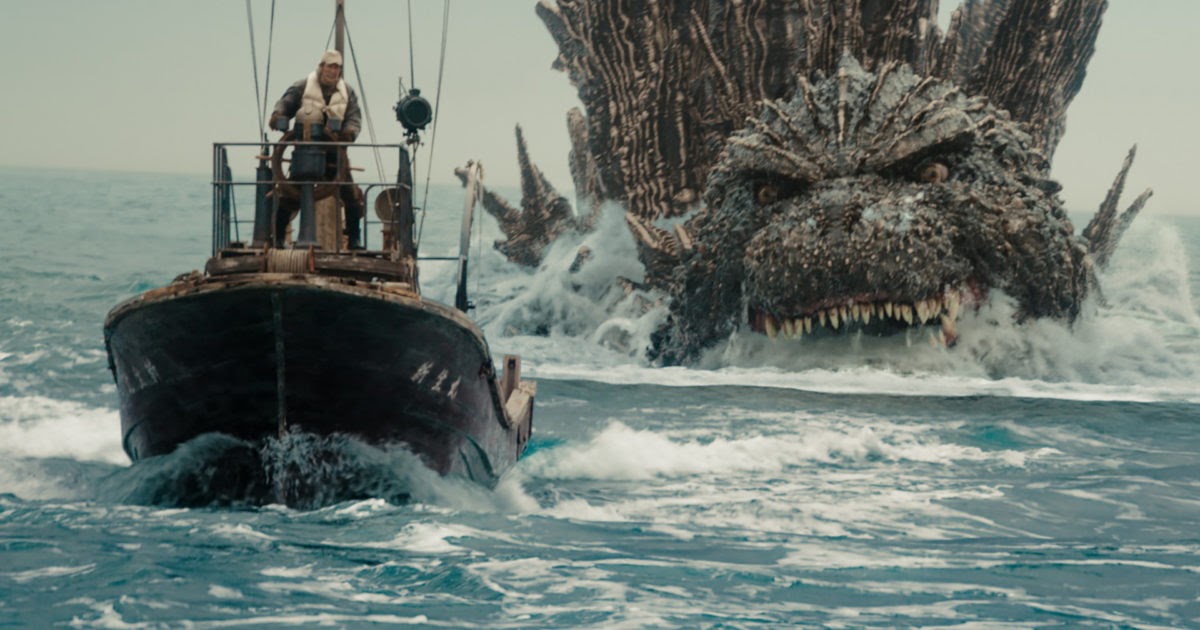On the plane earlier this week I got around to watching the Academy Award winning movie Godzilla Minus One, one of the best monster movies I’ve seen set in Japan during the aftermath of World War II, with a pretty emotional substory about a man dealing with his demons from the war. I had to hide my tears from the nearby passengers.
It wasn’t the story that earned the movie an Oscar. Godzilla Minus One won the awards for Best Visual Effects. I found nothing wrong with the effects, but they didn’t excel beyond what you see in any typical movie of the genre.
In 2008, I lamented that special effects in movies had improved so much that we had lost the amazement we felt in the 70s. Perhaps I spoke too soon, as James Cameron’s Avatar came out the following year and did amaze. However, special effects have since become a commodity, something filmmakers must include because audiences expect it but rarely do you go to a movie for the effects. In the not-too-distant future, special effects will be automated with AI, becoming just another plugin for Final Cut Pro.
It’s time to retire the visual effects award, especially with new awards coming to the Oscars.
I wrote that 2008 column to mirror the lack of enthusiasm about computing at the time which also felt like a commodity. Now we’re at an exciting time in computing particularly with the advances in artificial intelligence. But we should be wary, once (if?) AI gets consistently good it may feel like a commodity again and once again we become victims of our own success.

